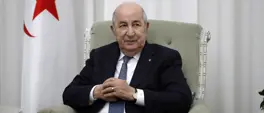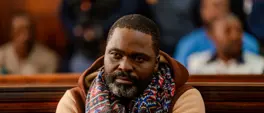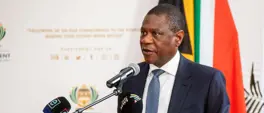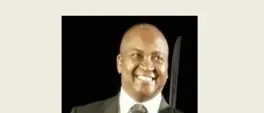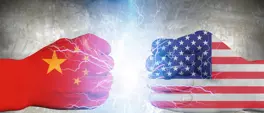Indebtedness of developing nations a barrier to sustainable development: New Development Bank
Lindsay Dentlinger
30 August 2024 | 16:19The bank's governors formed by the original five BRICS nations, Brazil, Russia, India, China and South Africa in 2015 are meeting in Cape Town to discuss investment for a sustainable future.
CAPE TOWN - New Development Bank (NDB) President Dilma Rousseff says the heavy indebtedness of developing nations is a significant barrier to achieving sustainable development.
The former president of Brazil, Rousseff, said emerging nations will be unlikely to mobilise more investments for this purpose if they can’t reduce their debt.
The bank's governors formed by the original five BRICS nations, Brazil, Russia, India, China and South Africa in 2015 are meeting in Cape Town to discuss investment for a sustainable future.
Rousseff said that financing high public debt drains a significant portion of the huge liquidity available in international markets.
She added that this money could otherwise be channelled into financing the debt of emerging markets and developing countries, and support the necessary investment for sustained development.
South Africa's debt currently stands at around R2.6 trillion
"The debt of developing countries is growing too much and too fast. interest payments in developing countries have increased more quickly that public spending on infrastructure, health, education and housing over the past decade."
On Friday, Transnet added to South Africa's lending portfolio from the bank with a R5 billion loan to turn around the freight and logistics sector.
Hear from Michelle Phillips, Group Chief Executive Officer, Transnet SOC Ltd on how NDB's loan of 5-billion-rand will help solve some of the infrastructure challenges in South Africa's rail network and also bring in private sector operators.@follow_transnet pic.twitter.com/eB5rzkfb3g
— New Development Bank (@NDB_int) August 30, 2024
Get the whole picture 💡
Take a look at the topic timeline for all related articles.


